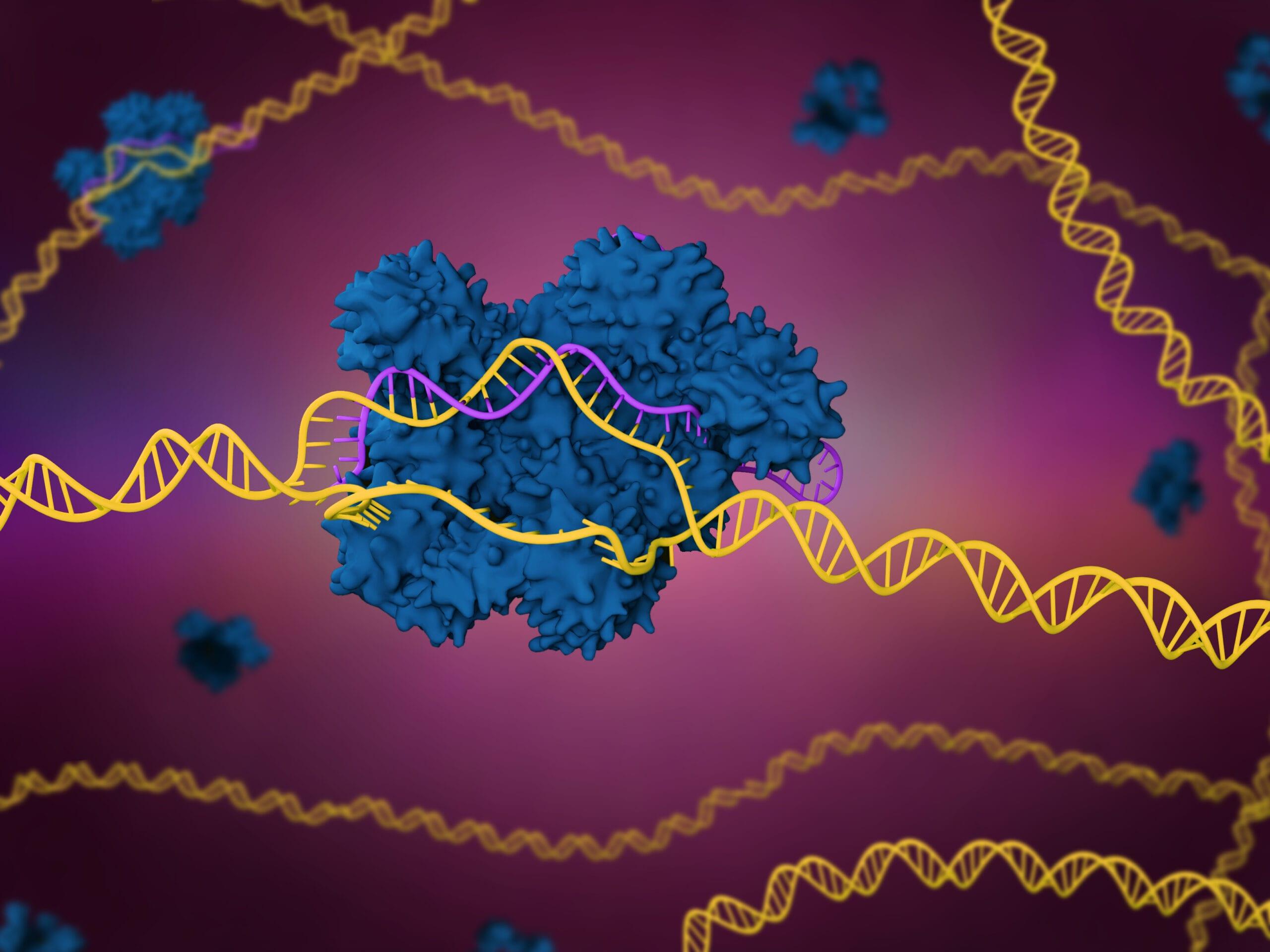Revolutionizing Medicine: How CRISPR-Cas9 is Transforming Biochemistry and Microbiology

In the rapidly evolving fields of biochemistry and microbiology, one innovation stands out as a game-changer: CRISPR-Cas9 gene-editing technology. This revolutionary tool has reshaped genetic research, offering precise and efficient ways to modify DNA, leading to groundbreaking applications in medicine, agriculture, and biotechnology.
What is CRISPR-Cas9?
CRISPR-Cas9 (Clustered Regularly Interspaced Short Palindromic Repeats) is a molecular tool derived from bacterial immune systems. Bacteria use CRISPR sequences to recognize and neutralize viral DNA, with the Cas9 enzyme acting as molecular scissors to cut and disable the foreign genetic material. Scientists have harnessed this natural mechanism to target and modify genes in virtually any organism, including humans.
Revolutionary Applications in Medicine
The medical implications of CRISPR-Cas9 are profound. Here are some of the most promising advancements:
1. Curing Genetic Diseases
CRISPR has been successfully used to correct genetic mutations that cause diseases like sickle cell anemia and Duchenne muscular dystrophy. Clinical trials are underway to explore its potential in treating hereditary blindness, cystic fibrosis, and Huntington’s disease.
2. Cancer Treatment Innovations
Scientists are developing CRISPR-based immunotherapies that enhance the body’s ability to fight cancer. By modifying immune cells (T cells), researchers can boost their effectiveness in targeting and eliminating cancerous tumors.
3. Infectious Disease Control
CRISPR is being explored as a tool to combat infectious diseases. Researchers have demonstrated its ability to target and destroy viral DNA in HIV and herpes simplex virus (HSV). This breakthrough could lead to novel antiviral treatments that offer long-term protection.
Transforming Microbiology and Biotechnology
Beyond medicine, CRISPR is reshaping microbiology and biotechnology in several ways:
1. Engineered Microbes for Industrial Use
Scientists are using CRISPR to create genetically modified bacteria that can produce biofuels, biodegradable plastics, and even high-value pharmaceuticals more efficiently.
2. Food Safety and Agriculture
CRISPR is being applied to develop disease-resistant crops, reduce food spoilage, and eliminate harmful bacteria in food products. This has major implications for global food security and sustainability.
3. Environmental Protection
Microbes modified with CRISPR are being tested for their ability to break down pollutants and absorb carbon dioxide, providing innovative solutions to environmental challenges like climate change and plastic waste.
Ethical Considerations and Future Prospects
While CRISPR offers incredible potential, it also raises ethical concerns, particularly regarding human genetic modification and unintended consequences. The scientific community continues to debate the implications of germline editing (altering genes in embryos) and the potential risks of off-target mutations. Strict regulations and ethical guidelines are essential to ensure responsible use of this technology.
Conclusion
CRISPR-Cas9 represents one of the most transformative innovations in biochemistry and microbiology. Its ability to precisely edit genes has unlocked new possibilities for treating genetic disorders, combating infectious diseases, and advancing biotechnology. As research progresses, CRISPR holds the promise of revolutionizing medicine and shaping a healthier future for humanity.

- Business
- Art
- Causes
- Crafts
- Dance
- Drinks
- Film
- Fitness
- Food
- الألعاب
- Gardening
- Health
- الرئيسية
- Literature
- Music
- Networking
- أخرى
- Party
- Religion
- Shopping
- Sports
- Theater
- Wellness
- Technology
- Cryptocurrency
- Psychology
- Internet
- Ecommerce
- Family
- Others
- Science


